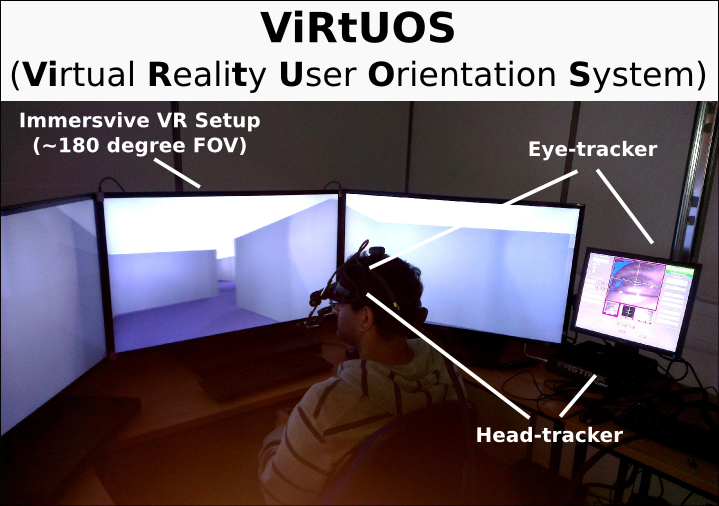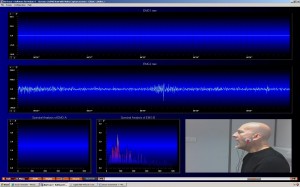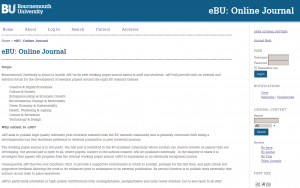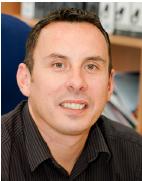The next of our research seminars will take on Monday, the 11th of November, PG16 at 15:00.
Our distinguished guest is Professor Ben Azvine, the Global Head of Security Research and Innovation at BT; invited by our colleague Prof. Bogdan Gabrys.
Professor Azvine holds a BSc in Mechanical Engineering, an MSc in Control Engineering, a PhD in Intelligent Control Systems all from Manchester University and an MBA from Imperial College, London. Having held research fellowship and lectureship posts in several universities, he joined British Telecom Research in 1995 and set up a research programme to develop and exploit intelligent systems technologies within BT.
Since then he has held senior, principal and chief research scientist as well as head of research centre posts at Adastral Park, the head quarter of BT R&D. Ben has edited several books and published more than 100 scientific articles. He is an inventor on 50 patents, has won two BCS gold medals, and the IET award for innovation in IT, holds visiting professorships at Universities of Bristol, Cranfield and Bournemouth in the UK.
The title of his exciting talk will be “Industrial applications of novel Intelligent Systems”. Intelligent systems play an important role in industry for managing customer relationship, providing business intelligence, helping organisations analyse their data and protecting organisations against Cyber-attacks. In this talk I’ll present a number of case studies within BT where we have used intelligent system originating from within our research organisation and successfully downstreamed them into our operations.
I strongly encourage academics and PhD students not to miss the opportunity to attend to the seminar and to discuss potential collaborations.
Emili





















 REF Code of Practice consultation is open!
REF Code of Practice consultation is open! BU Leads AI-Driven Work Package in EU Horizon SUSHEAS Project
BU Leads AI-Driven Work Package in EU Horizon SUSHEAS Project Evidence Synthesis Centre open at Kathmandu University
Evidence Synthesis Centre open at Kathmandu University Expand Your Impact: Collaboration and Networking Workshops for Researchers
Expand Your Impact: Collaboration and Networking Workshops for Researchers ECR Funding Open Call: Research Culture & Community Grant – Apply now
ECR Funding Open Call: Research Culture & Community Grant – Apply now ECR Funding Open Call: Research Culture & Community Grant – Application Deadline Friday 12 December
ECR Funding Open Call: Research Culture & Community Grant – Application Deadline Friday 12 December MSCA Postdoctoral Fellowships 2025 Call
MSCA Postdoctoral Fellowships 2025 Call ERC Advanced Grant 2025 Webinar
ERC Advanced Grant 2025 Webinar Update on UKRO services
Update on UKRO services European research project exploring use of ‘virtual twins’ to better manage metabolic associated fatty liver disease
European research project exploring use of ‘virtual twins’ to better manage metabolic associated fatty liver disease